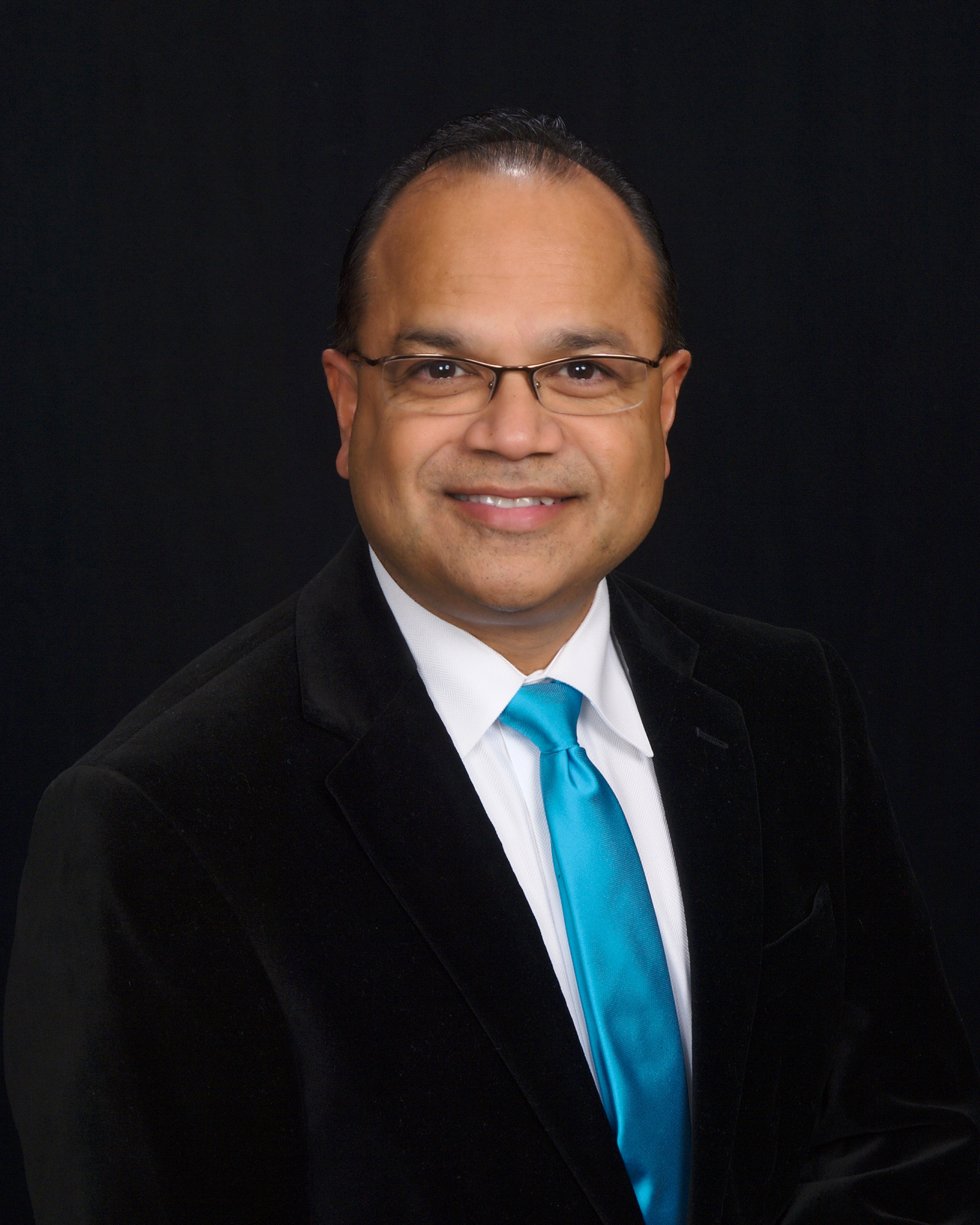A4M valued member Harris Waters, MS, MD, FACS, FAARM, ABAARM shares insight from his professional experience in this Physician of the Month feature.
Dr. Waters earned his medical degree from the UCLA School of Medicine, after which he completed a general surgery residency at the University of Arizona followed by a vascular fellowship at St. Mary’s Medical Center in Long Beach, California. He has completed a Master’s Degree in Nutritional and Metabolic Medicine from the University of South Florida School of Medicine, in addition to a Fellowship in Anti-Aging and Regenerative Medicine from A4M.
Dr. Waters recently joined an outstanding team of naturopathic physicians at The Canby Clinic in Canby, Oregon, in order to pursue a full-time career in complementary/integrative medicine. With the knowledge he has attained with A4M/MMI education, he hopes to provide patients with real healthcare, not solely the treatment of symptoms.
Q: Before joining A4M, what was your medical background?
Before joining A4M my medical background consisted of 30 plus years practicing conventional medicine: general and vascular surgery. For the past 20 years, my surgical practice was located in the rural community Silverton, Oregon.
Q: What anti-aging techniques have you incorporated into your practice? How did you do so?
About a decade ago, I noticed the overall health of my patients worsening; patients were not responding to basic treatment plans: most notably, patients with gastrointestinal issues. It was suggested to me that I listen to a talk by Dr. Shari Lieberman, which I did while attending my first A4M conference. To this day, I recall leaving her lecture thinking that the information could not be correct, being contrary to most everything I had been taught. I did purchase her book with the plan of reading it on the plane home.
The very next day I was on surgical call and had to operate on a patient with appendicitis. This was a 30 year old man with a 6 year history of ulcerative colitis with a chronic hematocrit of 26% (normal 36-45%) which required transfusions 1-2 times per year secondary to his chronic slow bleed from the colitis. As suggested by Dr. Lieberman, I asked him if there was anything he craved, loved to eat or ate daily (with the plan of proving her wrong). The patient responded “no,” but his wife responded “yes”. Turned out he ate peanut butter every day, as it was his go to food. He was known to have it at breakfast, lunch, with dinner, and as a snack food.
Following surgery, the patient and his wife came back to the office. This patient was not interested in eliminating peanut butter from his diet, but his wife was now on a mission! I shared that I was unsure that what I had heard was true, but that this Dr. Lieberman spoke about craving what you are allergic to. Feeling there was nothing to lose, his wife decided to stop the peanut butter. The patient was almost due for his bi-annual colonoscopy and that would provide the perfect test to see if eliminating peanut butter would affect his colitis. After 8 weeks of being peanut butter free, the patient underwent a colonoscopy. His hematocrit the day of the procedure without any transfusions or iron therapy was 42%! The colonoscopy was entirely normal, which was confirmed by biopsies a few days later. The ulcerative colitis was gone!!!
I went out to speak with his wife and tell her that everything was normal; she started crying, then gave me a big hug and kiss. I was taken aback for a moment, and asked why she was crying. She said they were tears of joy! She told me, “I also stopped the peanut butter in my son’s diet. He is becoming normal now; he was having GI issues and they are gone. He was diagnosed with hyperactivity, ADD, and had behavior issues. He is now doing better in school, and I’m getting a normal child back!”
Needless to say, I was shocked. Here I was, a conventionally trained surgeon curing ulcerative colitis hyperactivity, ADD and GI issues simply by elimination of peanut butter from a diet. How crazy was that?!?
I read Dr. Lieberman’s book a second time to see if I myself might find relief from migraine headaches, which had in the past 5 years had become progressively worse. Following an extensive conventional workup, the option offered was medication, with the potential of significant side effects. My favorite foods had always been cheesecake, along with gluten and dairy-based products. I decided to eliminate both gluten and dairy from my diet, and 3 days later, the headaches were gone! Now I only experience a migraine after I have eaten something with gluten or dairy.
Q: What are the benefits of practicing anti-aging medicine as a professional, and for your practice?
I’ve had success treating patients with GI issues, along with arthritis, diabetes, hypertension, narcolepsy, headaches, and gastro esophageal reflux using complementary/integrative modalities. For example, instead of prescribing a medication, patients have been able to find relief simply by dietary changes and nutritional improvement. These types of treatments are not typically addressed in conventional medicine.
Q: What are the changes you see in your patients?
Patients interested in complementary/integrative medicine are more motivated. Patients as a whole are becoming more and more disenchanted with conventional medicine, and are looking for alternative ways to achieve health, wellness, and optimal aging.
Q: Would you recommend Anti-Aging Medicine to your peers?
Yes, without hesitation.
Q: Where do you see the future of Anti-Aging Medicine 20 years from now?
Good wellness and healthy aging is attainable, and health care–rather than illness care–MUST become the future for all. It is unacceptable that this generation is sicker than the last, that insurance governs care, and that big pharma continues to drive healthcare. People are now beginning to connect the dots. Anti-Aging and complementary/integrative concepts in medicine will be the wave of the future.

.jpg)
